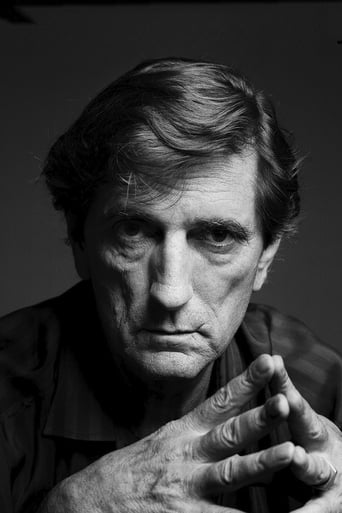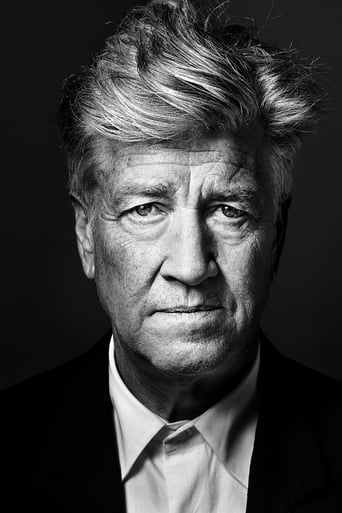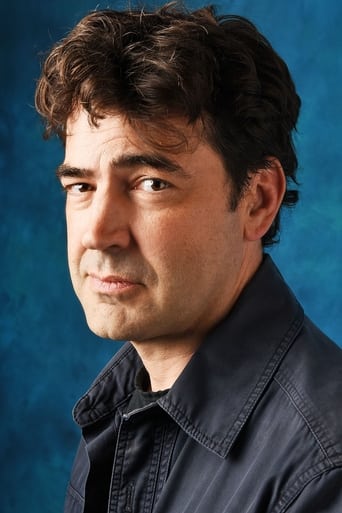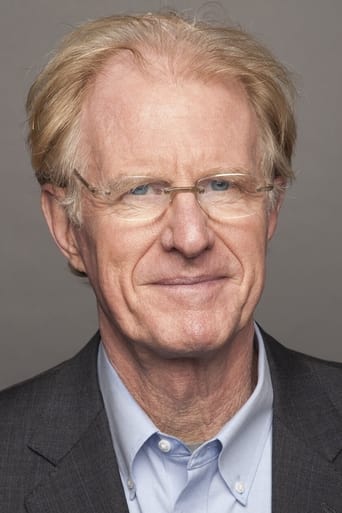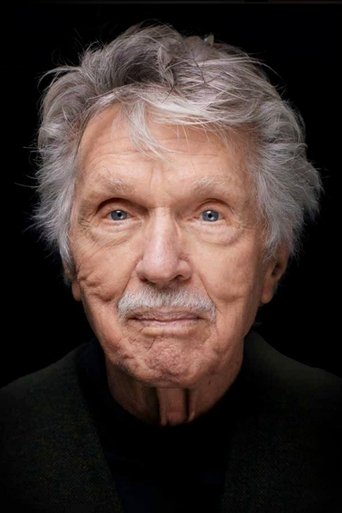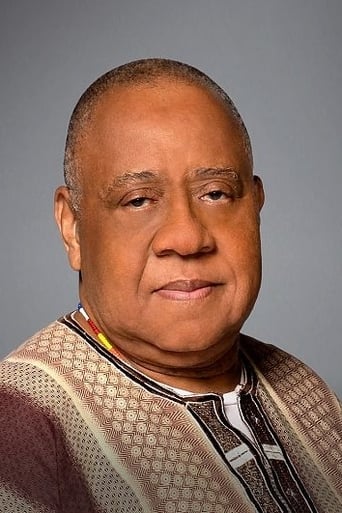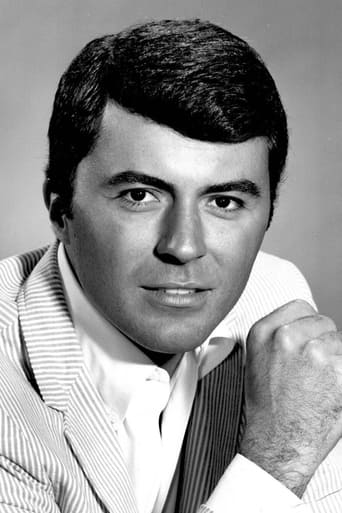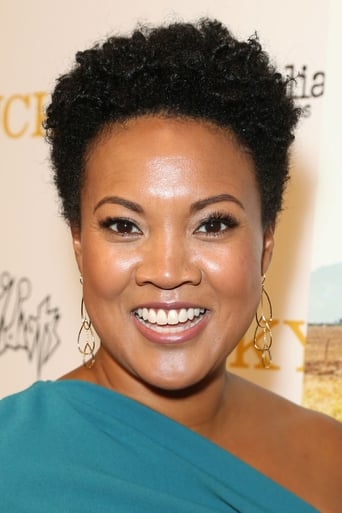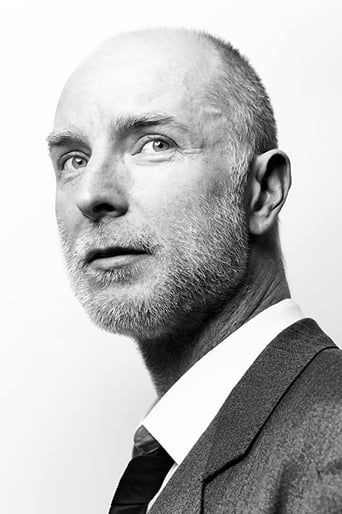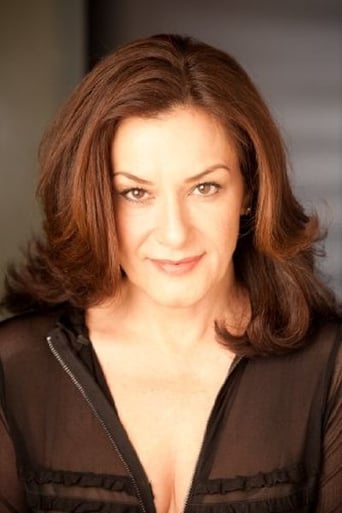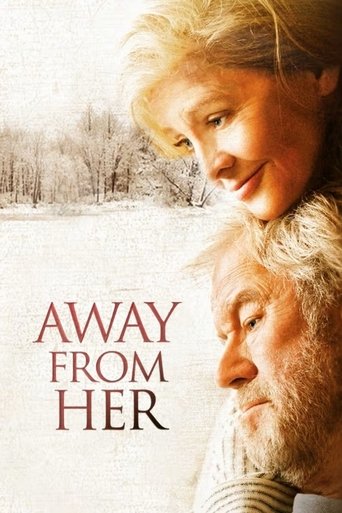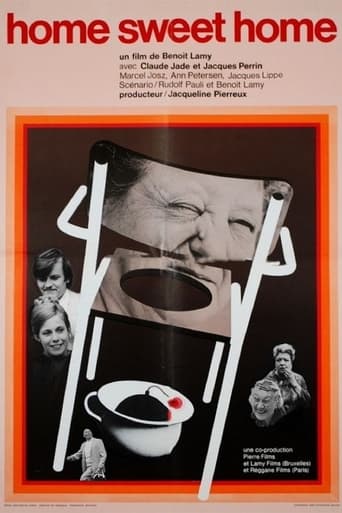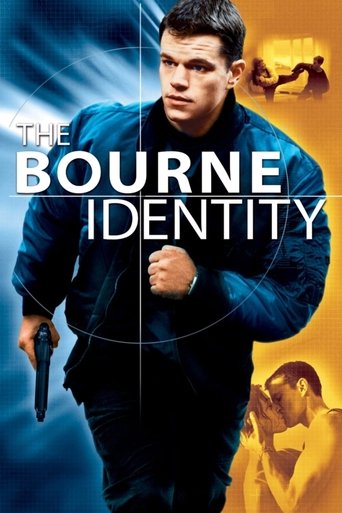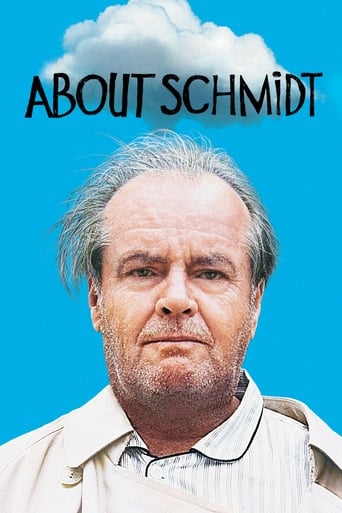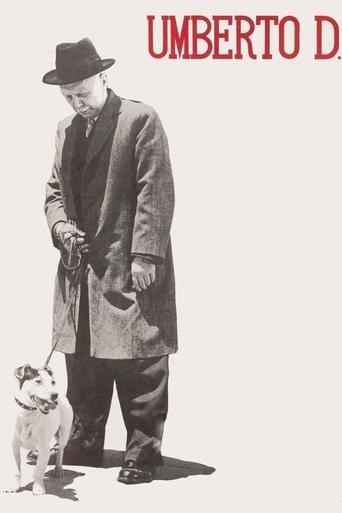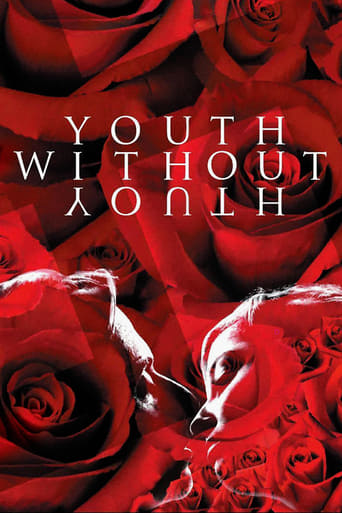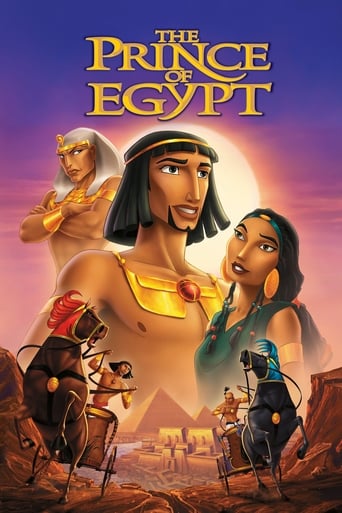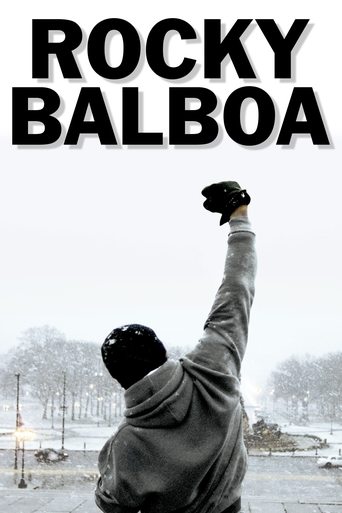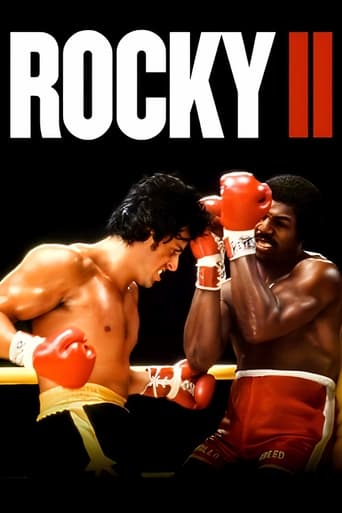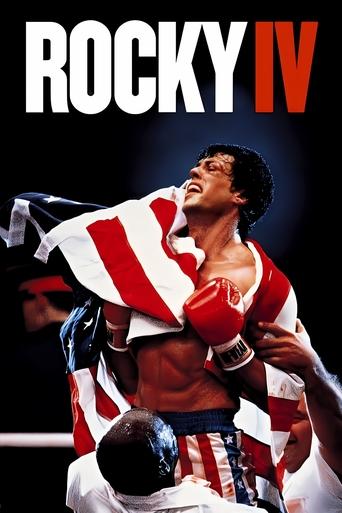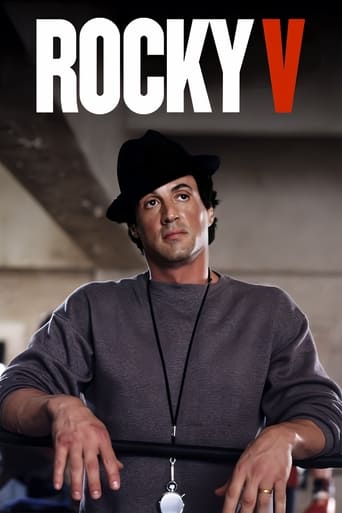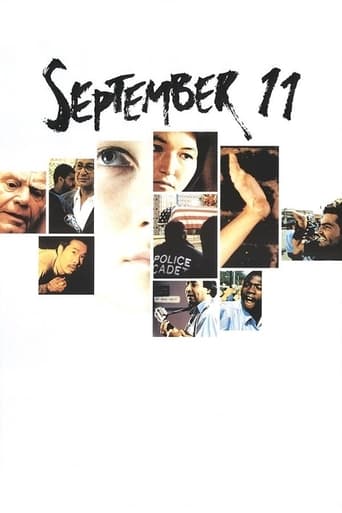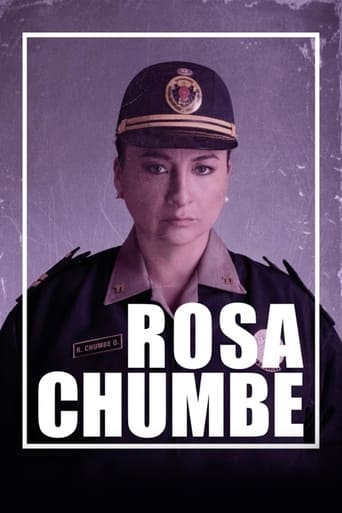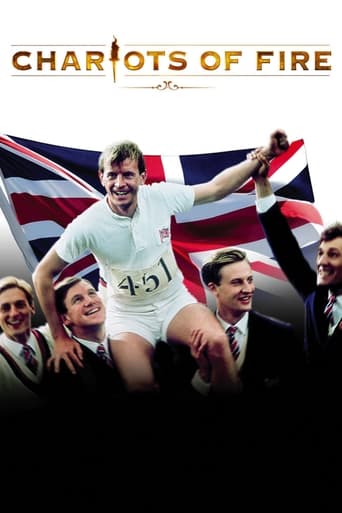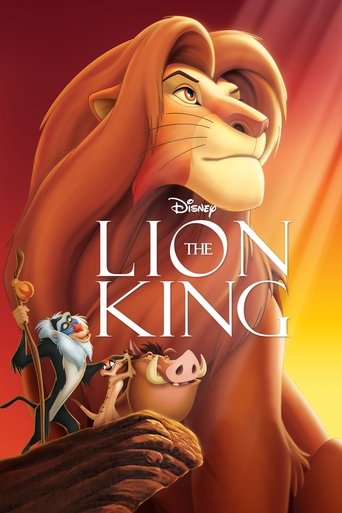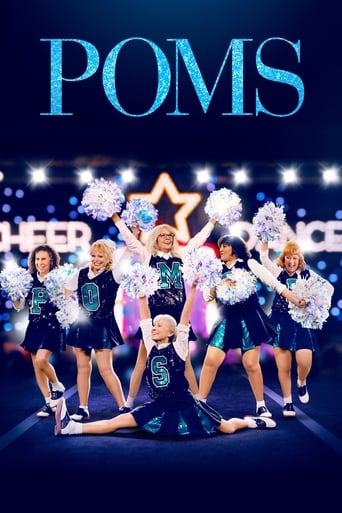
Lucky (2017)
Follows the journey of a 90-year-old atheist and the quirky characters that inhabit his off-the-map desert town. He finds himself at the precipice of life, thrust into a journey of self-exploration.
- John Carroll Lynch
- Lorenzo Grasso
- Magan Rutledge
- Adi Dardik
- Drago Sumonja
- Logan Sparks
Rating: 7.3/10 by 569 users
Alternative Title:
Щастливец - BG
럭키 - KR
Lucky - DE
لاكي - AF
Country:
United States of America
Language:
English
Español
Runtime: 01 hour 28 minutes
Budget: $0
Revenue: $955,925
Plot Keyword: atheist, elderly, spiritual journey, powerful
**_A meditation on mortality_** >_The movie is written for and in every way inspired by Harry Dean Stanton. The stories in the film are stories from his life and it is definitely an "inspired by" movie. The story of_ Lucky _is not the story of Harry Dean Stanton but Lucky's stories are Harry Dean Stanton's stories. That is how the material was built and when we started to put it together, that is where my focus was - to make sure that the story of_ Lucky _was clear and focused through the material._ - John Carroll Lynch; "Inspired by a Legend: John Carroll Lynch on _Lucky_" (Peter Sobczynski); _RogerEbert.com_ (September 25, 2017) _Lucky_ is the directorial debut of prolific actor John Carroll Lynch, who has worked with everyone from John Woo (in _Face/Off_) to David Fincher (in _Zodiac_) to Martin Scorsese (in _Shutter Island_), and appeared in recurring roles on TV shows as varied as _The Drew Carey Show_, _Carnivàle_, and _American Horror Story_. However, more noteworthy than this is that Lucky features the last performance from the legendary Harry Dean Stanton, who was 90 at the time of shooting (Michael Oblowitz's as-yet-unreleased _Frank and Ava_ was shot prior to _Lucky_), and who died on September 15, 2017, two weeks prior to the film's US release. Written specifically for Stanton by Logan Sparks (one of his closest friends) and Drago Sumonja, the film is a meditation on mortality, and is as much about Stanton himself as it is the eponymous character he's playing. Beginning like a quirky comedy full of strange characters with gentle eccentricities (imagine a David Lynch film softened by John Waters), the film later morphs into a more serious meditation on how a nonagenarian atheist with no family faces up to the fact that death is not that far away. Moving entirely at its own measured pace, the film manages to explore a plethora of themes along the way; mortality, routine, impermanence, friendship, love, loss, regret, hope. Laidback and tender, graceful and sedate, _Lucky_ works primarily by way of presenting individual vignettes that very much add up to more than the sum of their parts. The film tells the story of Lucky (Harry Dean Stanton), a 90-year-old living in an unnamed backwater town on the edge of an Arizonan desert. An atheist who doesn't believe in an afterlife or the soul, never married, and with no children, he is happy to explain to people that he's alone, but he is not lonely (borrowing a line from Michael Mann's _Heat_). Living his life by way of a rigid routine, Lucky's day begins with yoga exercises, followed by a walk to the local diner, where he chats with owner Joe (Barry Shabaka Henley) and waitress Loretta (Yvonne Huff), and completes the crossword in the paper. Visiting the local shop run by Bibi (Bertila Damas), he buys a pack of cigarettes, and then returns home to spend a few hours watching game shows. At night, he heads to a bar owned by Elaine (Beth Grant) and her husband Paulie (James Darren), where he trades stories with his best friend, Howard (David Lynch; yes, _that_ David Lynch), and barman Vincent (Hugo Armstrong). However, when he falls for no apparent reason one morning, the local doctor, Christian Kneedler (Ed Begley, Jr.), tries to explain that at his age, the body simply starts to break down. On the other hand, Kneedler is unable to find anything seriously wrong with him, despite his nicotine addiction, pointing out that trying to get him off cigarettes would probably do him more harm than good. Meanwhile, he continues with his routine, albeit more aware that he doesn't have a huge amount of time left. Over the next few days, he attends Bibi's son's birthday party, encounters life-insurance man Bobby Lawrence (Ron Livingston), who he feels is exploiting Howard, and trades stories from the Battle of Okinawa with former marine Fred (Tom Skerritt). And that's about it. That's the plot (if you can even call it that), and it should be obvious that this is a character-driven film, where the vagaries of a well-laid plot simply don't factor into things. That this is the case is signalled in the slow and methodical opening sequence, which depicts Lucky ambling past boarded-up and dust covered shops, as the hot sun beats down. This is an especially well-handled example of form and content mirroring one another, as the lethargic pace playing out on screen (no one ever seems to be in a rush) correlates with the lethargic pace of the editing rhythm (Lynch allows the scenes, and the characters, plenty of room to breathe, unburdened with trying to race to the next pivotal plot-point). This sequence also works to set up the style and tone which the film will adopt for the remainder of its runtime. Rather than a standard cause-and-effect narrative, _Lucky_ is instead built upon a series of small, usually idiosyncratic, moments, often with only the barest amount of connective tissue between them. Neither does Lucky, nor any of the other characters have what you would call a significant character arc. He doesn't encounter something which forces him to go on a metaphorical/spiritual journey, arriving at some kind of universal truth which softens his gruff exterior. Instead, he's essentially the same man when the film ends as he was when it began, which is, of course, the entire point. Also in the opening sequence, prior to seeing Lucky wandering around town, the film features a series of shots of the barren desert, with a tortoise slowly ambling into view. The film then cuts to Lucky waking up. This could have been a trite metaphor, but in actual fact, this tortoise becomes a plot-point later on; his name is President Roosevelt, and he belongs to Howard. However, he recently escaped from Howard's yard, sending the man into an emotional meltdown, as Roosevelt is his oldest friend. The missing tortoise is one of the few strands which occurs over multiple scenes, and is central to the way the film defines Howard's character, whilst Lucky's incredulity that Howard could be so upset over a tortoise affords him the opportunity for some nihilistic philosophising. Indeed, in relation to philosophy/theology, Lucky's atheism is an important component of his character; he doesn't believe in God, an afterlife, or the soul, arguing instead that we only get one life, the corporeal one, and when we die, that's it, we turn to dust, and we're gone forever. However, as Lucky starts to become more and more conscious of the imminence of death, his darkly existentialist outlook starts to look less like a grumpy old man's innocent ramblings, and more like something which could genuinely make his last few years miserable. In relation to this, when Lucky goes to see Kneedling, the doctor stresses the fact that he is both blessed and cursed to have gotten as old as he has – blessed in the sense that very few people make it this far, cursed because physically, Lucky's body is beginning to fail him. One of the major themes in the film is routine; Lucky's day is rigidly mapped out, to the point that if someone is sitting in his favourite diner seat, it throws him off and puts him in a bad mood. In this sense, repetition is a major part of both Lucky's life, and the film's structure (for example, we see him walking his route around town on four different occasions). Another important theme is impermanence, which ties into Lucky's rejection of a never-ending life after death. For example, when he visits a pet shop, he doesn't know what a "_forever home_" is, and even when it's explained to him, he still seems to be somewhat confused. Tied to this, the issue of mortality is brought up time and again, seen most clearly in Howard's dealings with Bobby, preparing for his own inevitable death. Indeed, it's worth pointing out that the five yoga exercises Lucky performs each morning are the Five Rites of Rejuvenation, so although he knows this life won't last forever, so too is he doing what he can to prolong it as much as possible. With this in mind, after he falls, the film shifts gears, changing from a pseudo-comic examination of a curmudgeonly old man into a subtle analysis of the inescapability of death and the transitory nature of existence. The film also deals with the importance of small anecdotes and seemingly minor personal connections – scenes which aren't especially dramatic, but which tell us a huge amount about the characters. Working together, the acting, the expressive faces, the seemingly insignificant dialogue, the importance of routine, the crumbling town, the desert, all serve to create the whole, which conveys far more than any one aspect of the film could. However, this is not to say that individual scenes don't work, or are disposable. For example, several scenes contain achingly beautiful anecdotes; Lucky's story of accidentally killing a mockingbird as a child; Howard's narration of what he imagines President Roosevelt's birth must have been like; and, in a scene obviously paying homage to a very similar scene in David Lynch's _The Straight Story_ (1999), Lucky and Fred swap heart-breaking stories of their time in the war (just like Lucky, Stanton was a cook on board the USS LST-970, which participated in the Battle of Okinawa). The film also contains one of the best lines I've heard in a long time – as Paulie is talking about how he used to be a bum worth nothing, but everything changed after he met Beth, he explains, "_I'm still nothing, but now I have everything. Isn't that something?_" If I was to find fault, there would be a couple of things worth criticising. Although the film avoids mawkish sentimentality for almost its entire runtime, it does become a little maudlin towards the end. Additionally, by its very nature, the narrative is very episodic, which creates a slight impression of disconnection. For the most part, the tone and design of the film also work to keep the audience at arm's length, preventing us from becoming too emotionally involved with Lucky himself, something which I'm not entirely sure served the film, or the character, very well. However, these are relatively minor flaws in an otherwise excellent film, and in the end, this is a fitting swan song for an actor of Stanton's calibre. And how many people can say they've appeared in their own filmic obituary?

